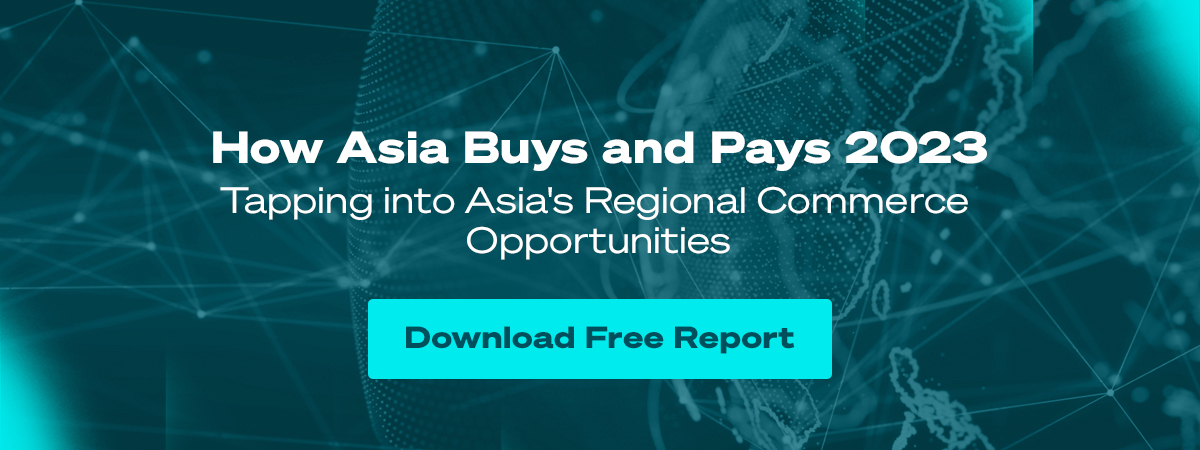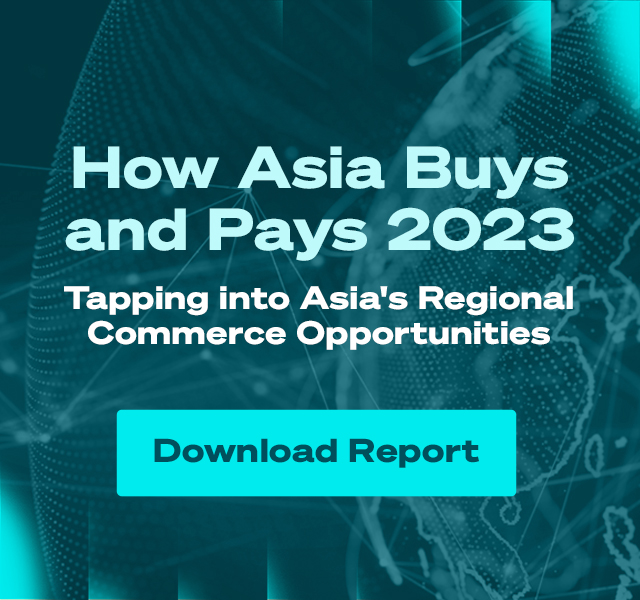
Indonesia: Payments Landscape
by Agnes Chua, Executive Director of 2C2P
Indonesia is a big country with a relatively low profile. But not for long. This nation of 270 million people occupying a chain of islands that’s longer than the United States, is undergoing one of the fastest digital transformations in the world.
The numbers speak for themselves. The country’s 175 million Internet users spend almost nine hours a day online while engaging in the highest rate of e-commerce anywhere.
Indonesians are also incredibly optimistic about technology, ranking fourth globally for their expectations of the Internet and the impact it will have on their lives.
It is no surprise then that this mix of size, energy and untapped opportunity has turned Indonesia into a magnet for startups. Within a few short years the country’s agrarian economy has quickly shifted gears to produce more unicorns than Japan and Australia, while Startup Genome recently listed Jakarta as the No.2 emerging ecosystem for talent, funding and market reach.
A fintech future
The focus of much of this startup activity is fintech. There is a powerful need to match the rising expectations of the world’s fourth-biggest population with the reality of integrating sophisticated digital payments into a developing economy spread across a sprawling archipelago of 17,000 islands.
Over 80 million Indonesians don’t have a bank account, the third-highest number in the world after China and India, while cash is still used in some form by 96% of people today.
However, cash is far from the favourite form of payment. Breaking down the share of payment types, bank transfers lead the way at about 44% of the total, followed by digital wallets at 34% and rising quickly, while cards and cash languish at about 10% each.
To understand where this market is heading in the future, it’s interesting to see what Indonesians prefer to use as payment. In one survey, digital wallets are found to be favoured by a significant majority of the population, with just 10% saying they want to use cash and only 5% and 4% preferring credit and debit cards respectively.
These preferences are driving dramatic changes in the payment mix, especially against the backdrop of the global pandemic and the rush to adopt contactless solutions.
The value of electronic money transactions rose 39% to $13.95 billion last year and is expected to jump again this year to $18.5 billion. Incredibly, online shopping accelerated to 20% of total retail sales in 2020, from just 3% in the previous year.
Payments state of play
The Indonesian market is ripe for a digital transformation. While 90% of large corporations have shifted to digitized systems, just 13% of the small and medium businesses that make up the bulk of the economy have done so.
Many of these small operations are mom-and-pop warungs that sell basic necessities in local neighborhoods and villages across the country. Together, they account for up to 70% of instant consumer-good transactions. Connecting these small businesses to the digital economy will be key if Indonesia is to reach its full potential as a developed country.
With Indonesia’s banks slow to spur this transition, and few Indonesians taking up credit cards, there is a world of opportunity for tech companies to bridge the digital gap. And they are. At the beginning of 2020, about 54% of the funds in e-money accounts was held in non-banks, up from 36% a year earlier and contributing to a 70% spike in the use of financial apps last year.
The emergence of e-wallets - along with digital insurance services, AI-driven lending and ecommerce - is giving rise to an ecosystem of tech behemoths and startups alike that are rapidly transforming Indonesia’s economy.
And thanks in part to a government that is more open to mergers and acquisitions than China, India and others in Asia, Indonesia has seen significant inflows of foreign investment. This year saw the biggest merger in the country’s history, when Gojek and Tokopedia combined to create an entity that accounts for 2% of Indonesia’s GDP.
The government is getting involved in the country’s tech transformation in other ways too.
The central bank introduced a QR code that standardizes and integrates payments across all mobile providers, while the government recently relaxed some rules to allow foreign investors to control 85% of economic interests in payment service providers, up from the previous limit of 49% .
With the new foreign-friendly rules, the payments scene in Indonesia is expected to liven up with healthy competition to meet the needs of the digital Indonesian consumer.
About 2C2P
2C2P is a full-suite payments platform helping businesses securely accept payments across online, mobile and offline channels, as well as providing issuing, payout, remittance and digital goods services.
With over 250 payment options ranging from credit cards to mobile wallets and an alternative payments network of more than 400,000 physical locations, 2C2P is the preferred payments platform of tech giants, airlines, online marketplaces, retailers and other global enterprises.
In Indonesia, 2C2P partners several popular e-money and wallet providers such as OVO, LinkAja, ShopeePay and DANA. 2C2P has also recently partnered with the open banking provider Brankas to extend 2C2P’s direct debit reach to include Bank Central Asia, Bank Mandiri, Bank Negara Indonesia and Bank Rakyat Indonesia.
Want to go further in Indonesia? Our friendly team is ready to help - talk to us today.

